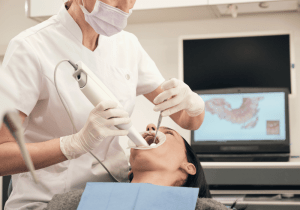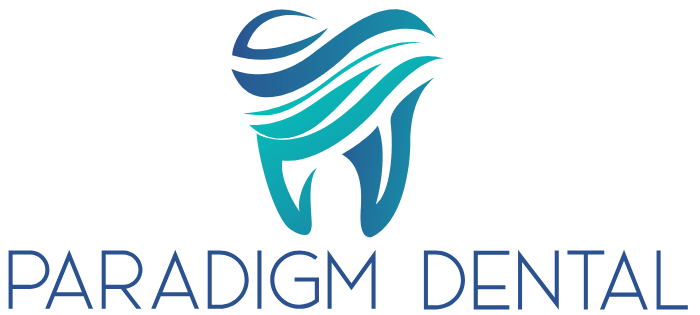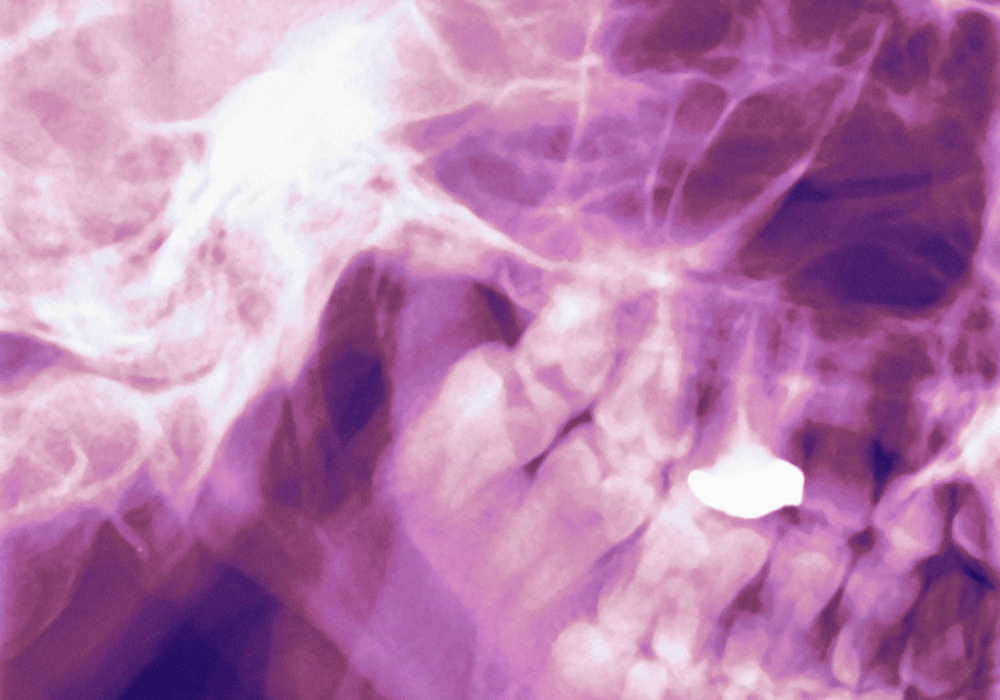Your jaw is involved in countless daily activities, from talking and eating to smiling and yawning, yet many people take its function for granted until something feels wrong. The temporomandibular joint (TMJ), located on each side of your jaw, plays a critical role in these movements. Unfortunately, this joint is susceptible to dysfunction, leading to discomfort and other complications. TMJ disorders often start with subtle symptoms, but without proper care, they can develop into severe issues that affect your quality of life. That’s where TMJ screening comes in. This diagnostic process helps detect early signs of TMJ dysfunction and allows for timely treatment, helping you avoid long-term complications. Read on to understand why TMJ screening is essential, the warning signs you shouldn’t overlook, and the benefits of identifying TMJ symptoms early.
Understanding TMJ Disorders and Their Impact
 The temporomandibular joint acts like a sliding hinge, connecting your jawbone to your skull. Its proper function is essential for smooth motion during speaking, chewing, and even breathing. However, when problems arise, they often lead to temporomandibular joint disorder (TMD), a condition that can trigger widespread discomfort.
The temporomandibular joint acts like a sliding hinge, connecting your jawbone to your skull. Its proper function is essential for smooth motion during speaking, chewing, and even breathing. However, when problems arise, they often lead to temporomandibular joint disorder (TMD), a condition that can trigger widespread discomfort.
TMJ disorders may manifest in various ways, such as difficulty opening or closing your mouth, a clicking or popping sound during jaw movement, or persistent pain near your ears, cheeks, or temples. These symptoms occur due to issues like joint misalignment, arthritis, muscle tension, or even excessive teeth grinding (bruxism).
While these may sound like minor inconveniences at first, the impact of untreated TMJ disorders can go far beyond jaw discomfort. People with persistent TMD often experience secondary symptoms such as chronic headaches, neck or shoulder pain, and disrupted sleep patterns. Left unaddressed, it can interfere with basic activities, significantly diminishing your quality of life.
Early Signs of TMJ Dysfunction You Should Watch For
TMJ issues rarely appear out of nowhere. They typically start with subtle symptoms, making it all the more critical to recognize the early indicators before the condition worsens.
One of the most common early signs of TMJ dysfunction is jaw pain or stiffness, particularly during or after eating. Chewing tough or chewy foods like steak or gum might exacerbate the discomfort, which is often mistaken for a temporary problem. However, recurring jaw tenderness should not be ignored, as it might indicate a deeper issue with joint alignment or muscle tension.
Headaches or migraines are another warning sign, particularly if they occur frequently and seem unresponsive to over-the-counter painkillers. People often don’t realize that TMJ dysfunction can create referred pain in the head and neck due to the close association between the jaw muscles and surrounding nerves.
Other subtle indicators include a clicking or popping sound when opening or closing your mouth, difficulty chewing, an uneven bite, or a sensation that your jaw is locking in place. These symptoms are red flags that warrant a TMJ screening to assess the joint’s health and determine whether intervention is needed.
Why TMJ Screening Is Crucial for Long-Term Health
TMJ disorders often fly under the radar because early symptoms can mimic other common conditions, such as stress-related tension headaches or regular muscle fatigue. This is where a professional TMJ screening becomes invaluable.
During a TMJ screening, your dentist will evaluate the mobility and condition of your jaw joint using various diagnostic methods. These may include a physical examination, X-rays, or advanced imaging techniques like MRI scans. The goal is to identify potential issues early and pinpoint the underlying cause, whether it’s bruxism, arthritis, or structural abnormalities in the joint.
Detecting TMJ issues early allows for more effective treatments that are typically less invasive. For instance, minor cases of muscle tension contributing to jaw pain can often be managed with custom night guards, physical therapy, or stress management techniques. Conversely, advanced TMJ disorders may require more intensive interventions, such as joint injections or surgery. Early detection reduces the likelihood of needing aggressive treatments and helps preserve your jaw’s long-term function.
Additionally, timely screenings can help prevent the domino effect of untreated TMJ disorders, leading to secondary complications. These include chronic migraines, irreversible tooth wear from grinding, or systemic inflammation caused by joint stress. By catching problems early, you safeguard not only your jaw but also your overall health and well-being.
Benefits of Early Detection and Treatment
Early detection through TMJ screening comes with multiple benefits—both immediate and long-term. One of the most significant advantages is pain relief. Addressing TMJ dysfunction at an early stage stops jaw discomfort and associated headaches from escalating into chronic pain conditions, providing immediate improvement in daily comfort.
Another benefit is the preservation of joint health. TMJ screenings help dentists intervene before misalignment, inflammation, or other factors cause irreversible damage to the joint’s cartilage or surrounding structures. This reduces the likelihood of surgery becoming necessary in the future.
Enhancing your overall quality of life is another compelling reason to prioritize TMJ screening. Individuals with TMJ issues often struggle with disrupted sleep, trouble concentrating, and emotional stress due to chronic pain. Early intervention alleviates these burdens, allowing you to focus on work, family, and leisure without physical discomfort holding you back.
Lastly, screenings offer personalized insights that help you modify your habits to prevent TMJ-related damage. For example, if bruxism is identified as the root cause, your dentist might recommend a custom-fit night guard to protect against unnecessary jaw tension and tooth wear.
When Should You Schedule a TMJ Screening?
 If you’re experiencing any of the signs mentioned earlier—such as jaw pain, clicking sounds, or chronic headaches—it’s time to consider a TMJ screening. Even if symptoms seem minor or come and go, addressing potential issues early will save you from more extensive treatment later on.
If you’re experiencing any of the signs mentioned earlier—such as jaw pain, clicking sounds, or chronic headaches—it’s time to consider a TMJ screening. Even if symptoms seem minor or come and go, addressing potential issues early will save you from more extensive treatment later on.
For those without noticeable symptoms, a TMJ screening is still a valuable preventive measure, particularly if you have risk factors like a history of teeth grinding, arthritis, or jaw trauma. Screenings are also recommended if you’ve recently noticed changes in how your teeth align or if you’ve developed unexplained earaches that aren’t related to infection.
Your dentist can guide you on how frequently TMJ screenings should be included in your routine checkups, especially if specific risk factors or mild symptoms are present. Regular monitoring ensures that potential issues are caught early and managed effectively.
TMJ disorders might start as minor inconveniences, but without proper care, they can escalate into serious health issues that impact your daily life. That’s why TMJ screening is an essential tool for detecting problems at their earliest stages. By addressing subtle warning signs and implementing preventive measures, you can avoid long-term complications and enjoy a better quality of life. At Paradigm Dental, our team is committed to helping you maintain optimal oral health, including comprehensive TMJ screenings tailored to your needs. Don’t ignore the early signs of TMJ dysfunction—schedule your consultation today and take the first step toward long-lasting relief and enhanced well-being.

